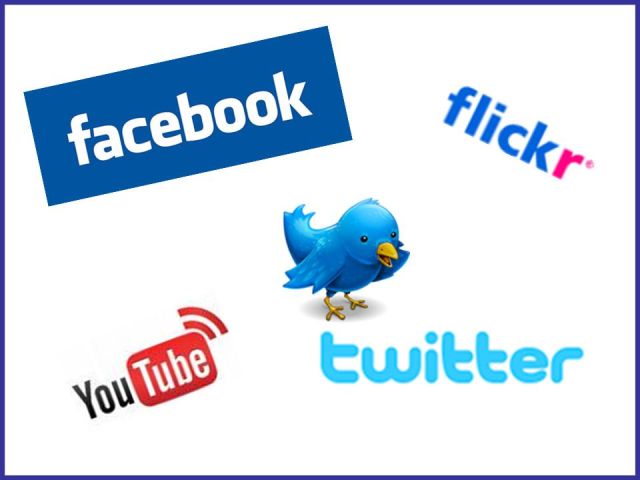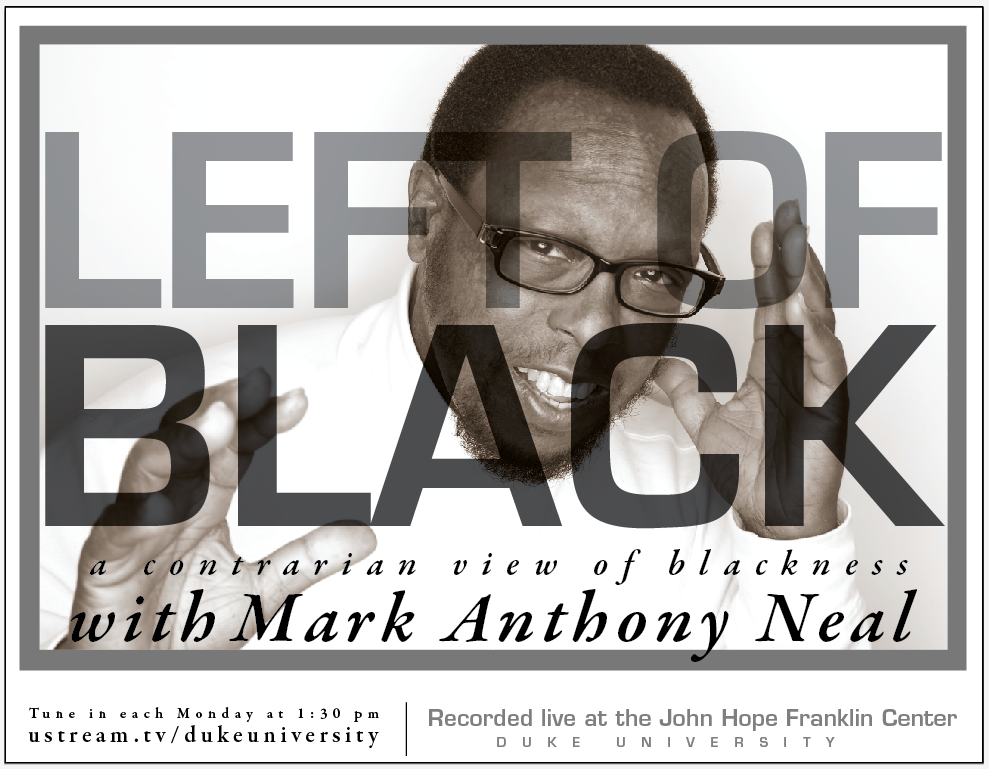Very impressive, Kenton! Your analysis here is remarkably insightful. Thanks for posting this essay! Dr. Bolden
This content is being reviewed in light of recent changes to federal guidance.
Digital Humanities: Blogging About Black Culture
 In his 2010 remix to his hit song “Power,” Kanye West tells his listeners “Now we all ain’t gon’ be American Idols /But you can least grab a camera, shoot a viral /Huh? Take the power in your own hands.” Kanye’s emphasis of taking the “power” into your own hands speaks to the ways that the use of new technologies during the contemporary era provides users with opportunities to participate in cultural and artistic production.
In his 2010 remix to his hit song “Power,” Kanye West tells his listeners “Now we all ain’t gon’ be American Idols /But you can least grab a camera, shoot a viral /Huh? Take the power in your own hands.” Kanye’s emphasis of taking the “power” into your own hands speaks to the ways that the use of new technologies during the contemporary era provides users with opportunities to participate in cultural and artistic production.
 Left of Black, Neal’s weekly webcast, features interview with academic, authors, artists, and other figures discussing social issues. In these weekly addresses, guests are typically featured on the show via video conferencing software similar to Skype. In addition, his constant activity on his blog, Twitter, and Tumblr accounts makes him more accessible to those outside of the Duke University community—allowing him to provide up-to-the-minute commentary on political, literary, and social issues and a forum where he can respond to his followers’ questions.
Left of Black, Neal’s weekly webcast, features interview with academic, authors, artists, and other figures discussing social issues. In these weekly addresses, guests are typically featured on the show via video conferencing software similar to Skype. In addition, his constant activity on his blog, Twitter, and Tumblr accounts makes him more accessible to those outside of the Duke University community—allowing him to provide up-to-the-minute commentary on political, literary, and social issues and a forum where he can respond to his followers’ questions.
Remembering Stormy Weather: Katherine Dunham and Agency
On Digital Scholarship…Blogging and other Technologies
One thought on “Digital Humanities: Blogging About Black Culture”
Comments are closed.